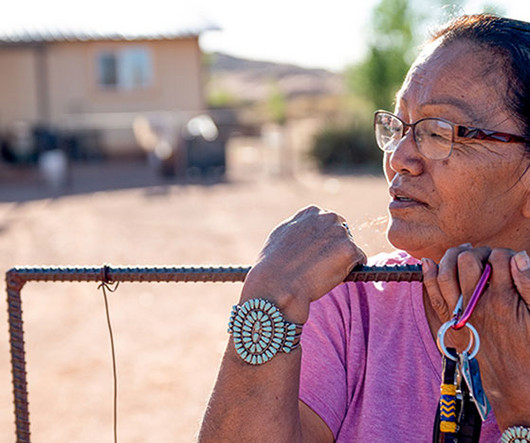NASW Observes Posttraumatic Stress Disorder Month
Social Work Blog
MAY 25, 2022
This publication from the Substance Abuse and Mental Health Administration provides valuable tools to help people during these challenging times. Dynamics of Abuse . This blog from the National Coalition Against Domestic Violence discusses the dynamics of abuse and helpful resources.












Let's personalize your content